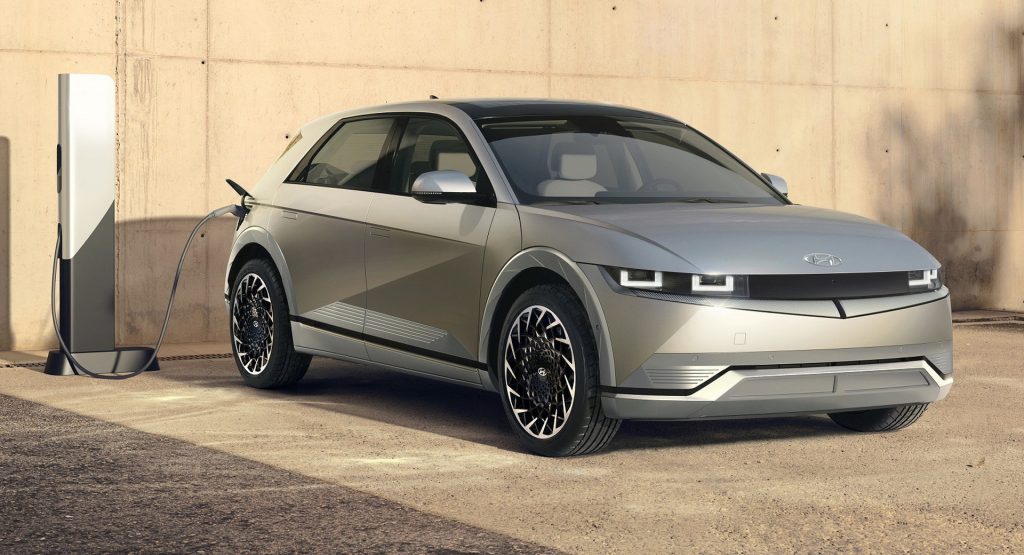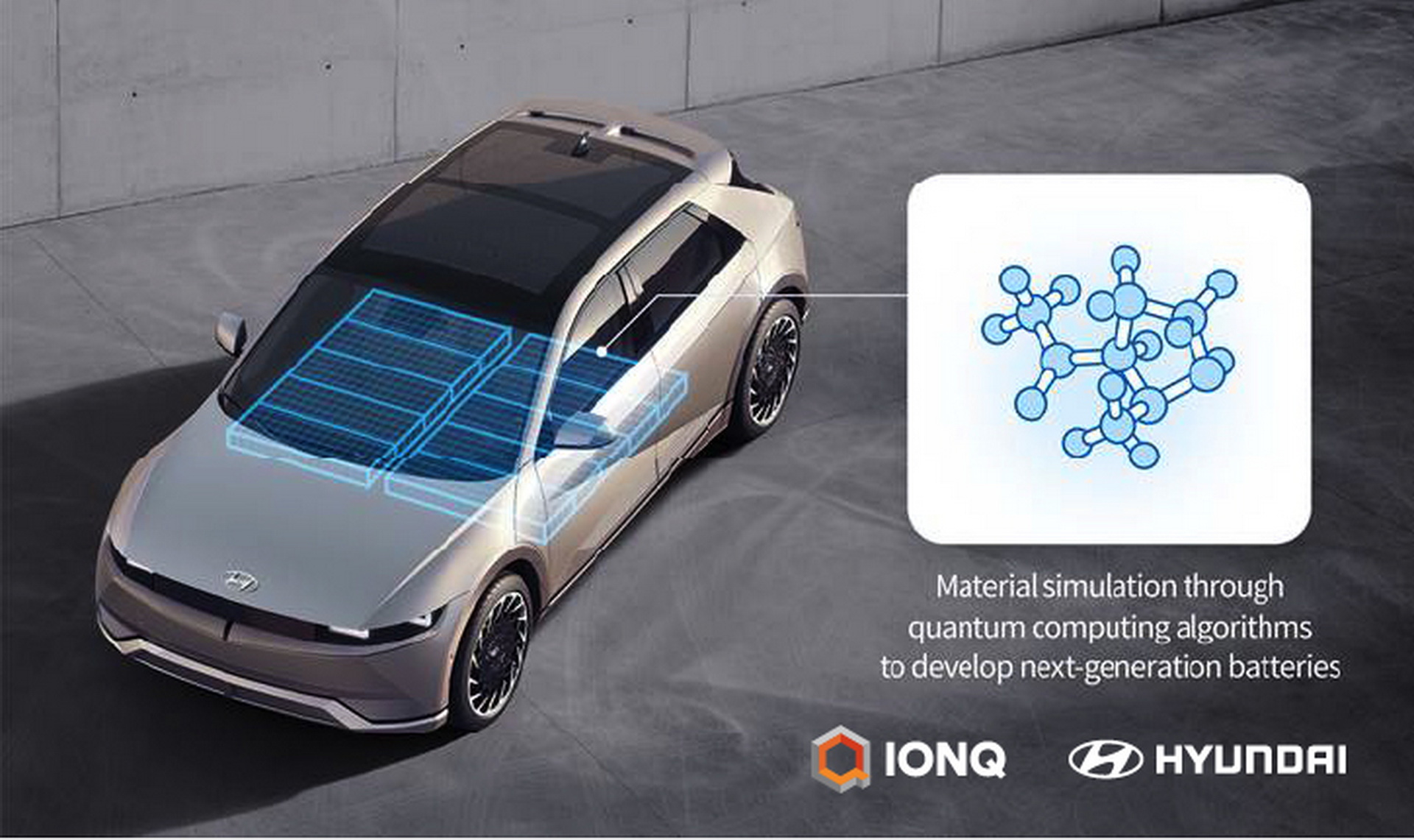Hyundai today announced that it’s partnering with IonQ, a leader in trapped-ion quantum computing to develop a new variational quantum eigensolver. With that, it hopes to make breakthroughs in battery chemistry that will make them more efficient for its next-gen EVs.
Together, the teams from the companies hope to create the most advanced battery chemistry model yet developed using IonQ’s quantum computers. That will allow them to create better quality batteries by more precisely simulating and controlling their chemical reactions.
“Battery efficiency is one of the most promising emerging areas where quantum computing can make a difference,” said Peter Chapman, president and CEO of IonQ. “We are thrilled to be working with Hyundai Motor Company on this project to make EVs a primary mode of transportation across the globe.”
Read Also: Honda Develops 2D Material That Is Hailed As A Breakthrough For Quantum Electronics
Although they will begin by working on Hyundai’s lithium batteries, it is hoped that the work will lead to batteries that use new source materials, saving time, cost, and effort in the years to come.
“This creative collaboration with IonQ is expected to provide innovation in the development of basic materials in virtual space for various parts of the future mobility,” said TaeWon Lim, Executive Vice President and Head of Materials Research & Engineering Center at Hyundai Motor Group. “We’re excited to step into the upcoming quantum era and take advantage of the opportunities that await with more effective battery power.”
Since batteries are the single most expensive item in an electric vehicle, any cost savings that can be found will have important ramifications for the company’s bottom line. They are also the most environmentally taxing element of an EV, so finding greener chemistries and greater efficiencies is important for the planet, too.
“We at IonQ believe in our mission to solve the world’s most complex problems through the ongoing development of our quantum computers, and we see global climate change as one such problem that we can help to tackle with quantum chemistry solutions,” said Chapman.






